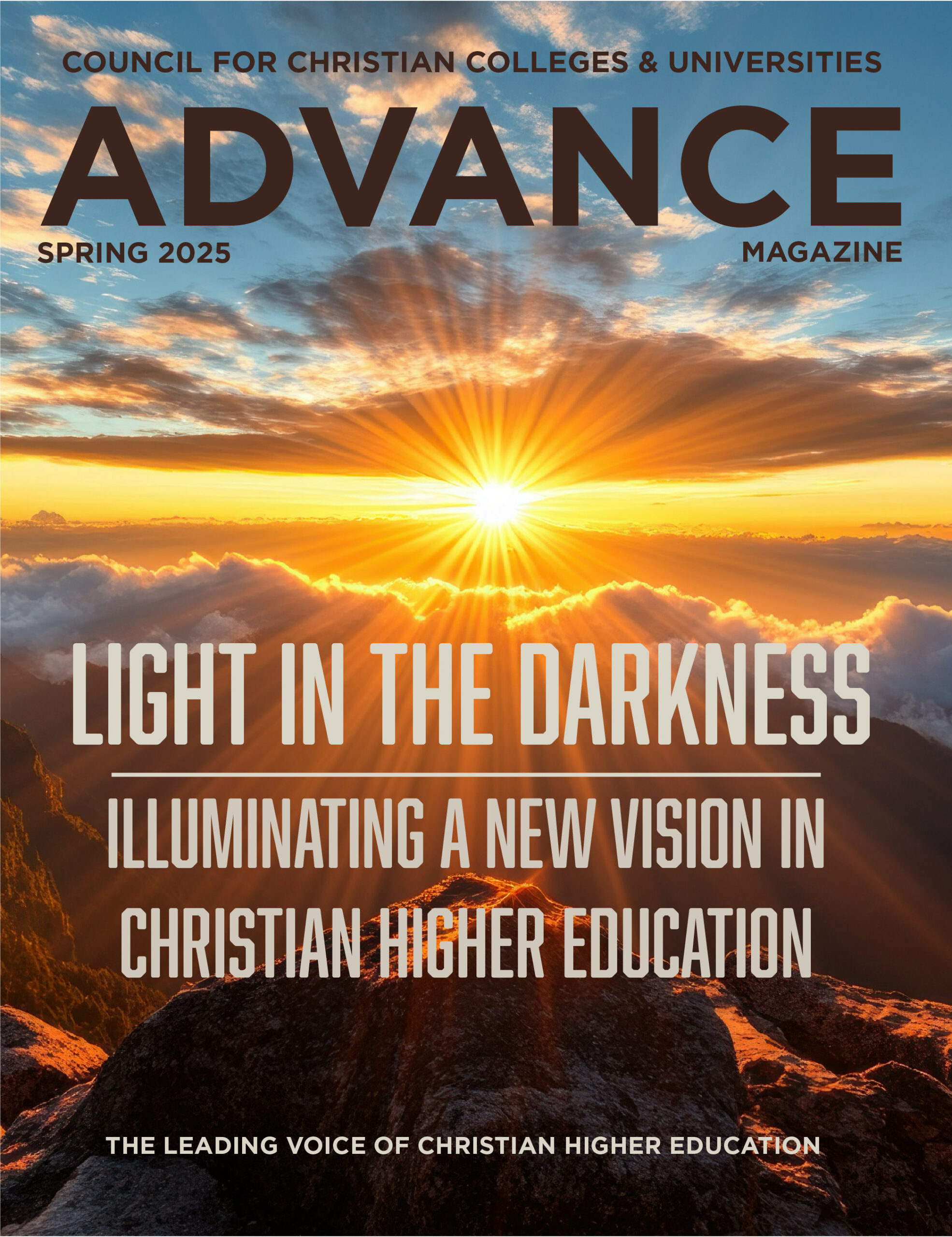Magazine
In writing Healing Racial Trauma, Sheila Wise Rowe has given the faith community a gift: hope. It is hope wrapped in personal stories of those who know what it is like to experience racial trauma, live through the pain, and come to a place of Christ-centered healing. The outcome is resilience sustained by an enduring relationship with God and rooted in an active commitment to the biblical values of love, peace, and justice.
Rowe is immensely qualified to teach us about the negative effects of racial trauma – not only current racism we see today but also the ongoing, lingering, intergenerational effects of historic racist acts – and to point us to the path to freedom. An African American woman of faith who grew up in racially segregated Boston, Rowe is a counselor, spiritual director, church leader, and Bible teacher who brings a lifetime of experience, professional practice, and ministry to bear on this much-needed topic.
Citing research, interviews, and personal stories, Rowe establishes the reality and persistence of racism and racist acts against people of color today. As a reader, I found the detailed overview of the types of racism helpful (i.e., interpersonal, systemic, internalized), and her ability to illustrate racial oppression through biblical stories was particularly insightful. The glossary of terms at the end of the book is an additional resource that readers will appreciate.
The facts are: Racism exists today in multiple forms, and the resultant racial trauma is real. Rowe defines racial trauma as the “physical and psychological symptoms that people of color often experience after a stressful racial incident,” and she identifies a wide range of effects, including depression, hypervigilance, pessimism, substance abuse, and relational dysfunction. She shares the impact of some of these effects on her clients, family, and members of the faith community, illustrating the profound negative effect racial trauma has not just on an individual, but in families and communities for generations.
Rowe reminds us that healing is not a quick fix, nor is it pain-free or even guaranteed. Rather, healing is a journey in which the will of the wounded is lovingly conformed to the will of God until trauma and brokenness ultimately give way to healing and wholeness. Rowe says that the healing journey needs to be Christ-centered, grounded in the complete work of Jesus on the cross, and accompanied by care, prayer, and biblical truth. Healing requires the wounded to confront painful realities through both internal work (e.g., soul repair) and external work (e.g., re-humanizing the other).
Rowe ends by focusing on resilience – a necessity due to the persistence of racism in the world and the inevitability of the healed being hurt again in the future. She defines resilience as the ability to face, learn, and grow stronger from life’s challenges. It is rooted in a personal relationship with God, the hope of Jesus’ resurrection, and a commitment to the biblical values of love, peace, and justice. However, the resilience required to sustain one’s activism must also include a plan for holistic self-care that attends to the soul, spiritual, emotional, relational, physical, and vocational dimensions of one’s life.
The stories and interviews in the book are revealing, moving, and deep. I know firsthand that the effects of racial trauma cut across racial lines, and they affect everyone in every department on campus. Racial trauma is real and present on our campuses. It has prompted some to leave Christian higher education, some to remain wounded amongst us, and some to find healing and be models of resilience for us.
I began my racial reconciliation journey in the CCCU over 25 years ago; I know the good, bad, and ugly sides of this kingdom work. Not surprisingly, the book caused me to reflect prayerfully upon my own experiences and the effects on my soul. The reflections and prayer prompts at the end of each chapter proved invaluable. I learned that I must continue to guard my heart from unholy anger and un-forgiveness towards those who inflict racial trauma on others, and to know when to withdraw from the battle so I can live to fight another day. I am grateful that Jesus continues to reveal himself to me in this journey through prayer and worship, the kindness of others, the hope and encouragement of scripture, and by good books like this one. However, if I intend to be in this work for the long haul, I must be, in Rowe’s words, “empowered by the Holy Spirit to drive a spoke in the wheel that will alleviate fear, ensure safety, address racism and injustice, and dismantle the systems and ideologies that keep us apart.”
There is no easy way, but Sheila Wise Rowe has enlightened our understanding of the causes and sources of racial trauma, given us a language to name the pain and wounds, identified milestones on the path to healing, laid out a biblical framework to guide us, and given us hope. There is more to do at our Christian colleges and universities, but with the tools outlined in this book and God’s help, together we can create campuses of interethnic healing characterized by freedom from racial trauma.
Pete C. Menjares is provost and senior vice president of academic affairs at Vanguard University of Southern California (Costa Mesa, CA), on the board of trustees at Seattle Pacific University, and the CCCU’s senior fellow for diversity. Follow him on Twitter: @PeteMenjares




